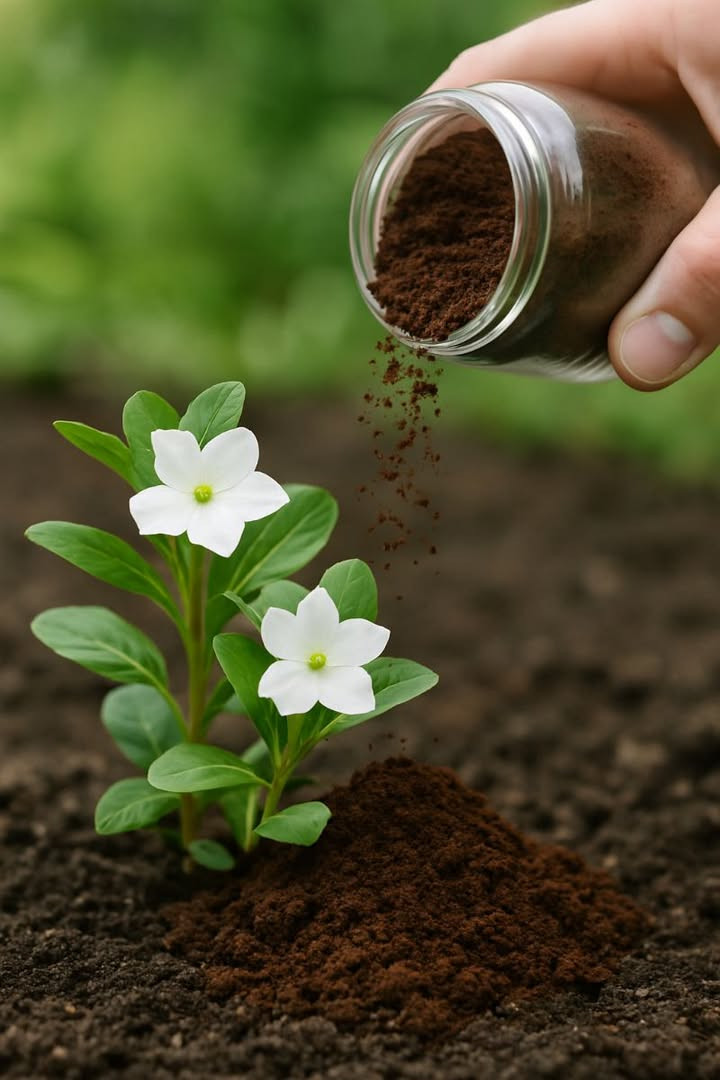2. Compost Enhancer
Coffee grounds are an excellent addition to your compost pile. They are considered ‘green’ compost material, meaning they are rich in nitrogen. This helps to balance the ‘brown’ materials, like dried leaves and twigs, which are high in carbon. A balanced compost pile ensures efficient decomposition and results in nutrient-rich compost.
To use coffee grounds in compost, aim for a ratio of one part coffee grounds to four parts ‘brown’ material. This ratio helps maintain the right balance for microbial activity, speeding up the composting process. Additionally, the grounds can help control odors in the compost pile, making it a more pleasant experience for gardeners.
3. Pest Repellent
Coffee grounds can serve as a natural pest repellent, keeping unwanted insects and animals at bay. The strong scent of coffee is off-putting to many pests, including ants, slugs, and snails. To use coffee grounds as a repellent, simply sprinkle them around the perimeter of your garden beds or directly onto the soil where you notice pest activity.
For added effectiveness, you can mix coffee grounds with other natural deterrents, such as crushed eggshells or diatomaceous earth. This combination creates a barrier that is difficult for pests to cross, protecting your plants from damage without the need for chemical pesticides.
4. Soil Structure Improvement
The texture of coffee grounds can improve soil structure, enhancing its ability to retain moisture and nutrients. When mixed into the soil, coffee grounds create air pockets that improve drainage and aeration, which are crucial for healthy root development.
To improve soil structure, work coffee grounds into the top few inches of soil using a garden fork or tiller. This practice is particularly beneficial for heavy clay soils, which can become compacted and difficult for roots to penetrate. Over time, the organic matter from the coffee grounds will break down, further enriching the soil and promoting a healthy garden ecosystem.
ADVERTISEMENT

